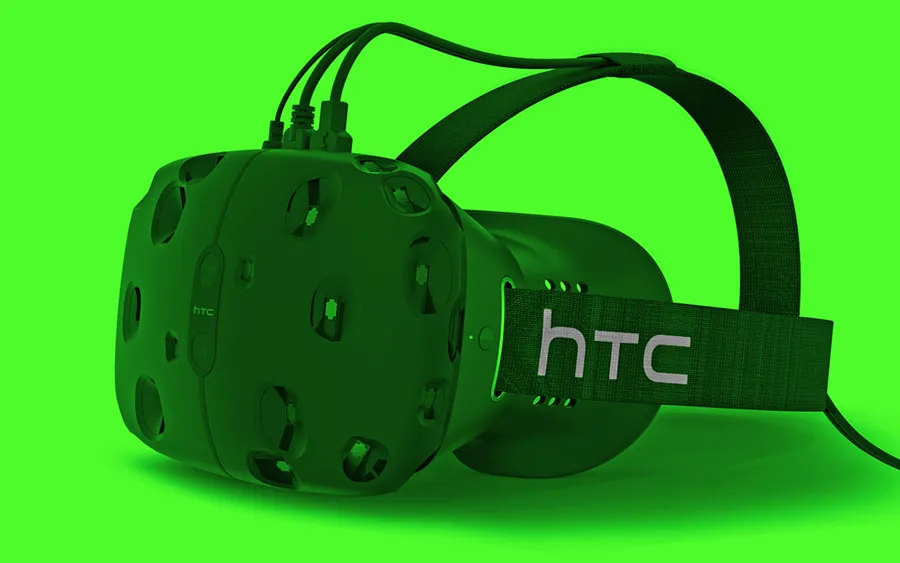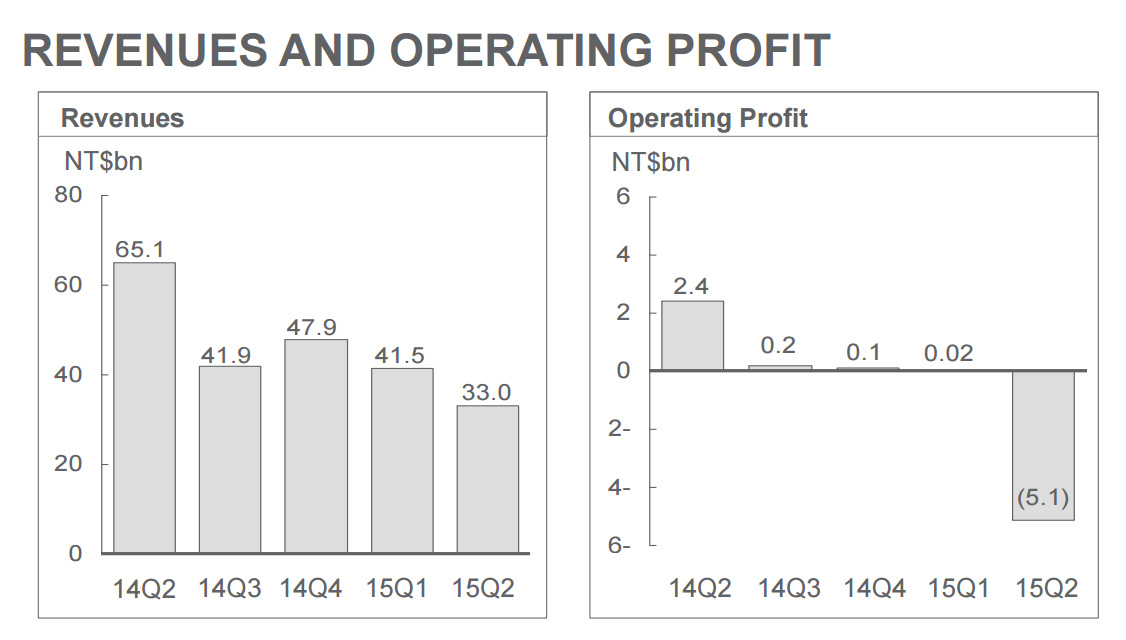HTC reported its second quarter financial results and the picture isn’t pretty for the Taiwanese maker of Android phones and the upcoming Vive headset.
Revenues for the company were about half what they were from the same period a year ago, attributed to “weaker than expected demand at the high end, consistent with Android market, along with weak sales in China.” HTC reported an operating loss of $161 million ($5.1 billion in New Taiwan Dollars) for the period and is making efforts to “reduce operating costs” across the organization, which is usually code for layoffs and other cost-cutting measures.
That’s the context needed to understand the company’s place as it bets its future heavily on virtual reality. According to HTC, the company is “working with over a thousand developers on content creation over a wide spectrum of applications including gaming, entertainment and education, to ensure a compelling ecosystem ahead of the highly anticipated launch of HTC Vive at the end of the year.” Recently, HTC announced a $10 million investment in Venice, California-based VR software company WEVR.
It’s also notable HTC saw an increase from the previous and year ago quarters in its spending on research. While the Vive represents a potentially huge new category of revenue for HTC, it won’t do anything short term to help HTC’s core business of making Android phones just as Samsung and Apple prepare new handsets for the holiday season.
What could really help HTC is if the company figured out how to incorporate Valve’s Lighthouse position tracking solution into a Gear VR-like mobile platform. Such a solution would prop up HTC’s core business of selling Android phones that could fit into a Lighthouse-compliant phone holder. Providing position tracking on a mobile VR headset could leapfrog Oculus too. It’s a difficult problem that can be solved with expensive camera arrays, so Lighthouse might be able to help lower the cost.
However, Valve is a PC-focused company and Oculus has a significant head start developing VR software optimized for the tight technical constraints of mobile phones. Plus, Facebook itself has a wealth of mobile development brainpower from years of making a myriad of mobile apps that might be able to help Oculus.






























